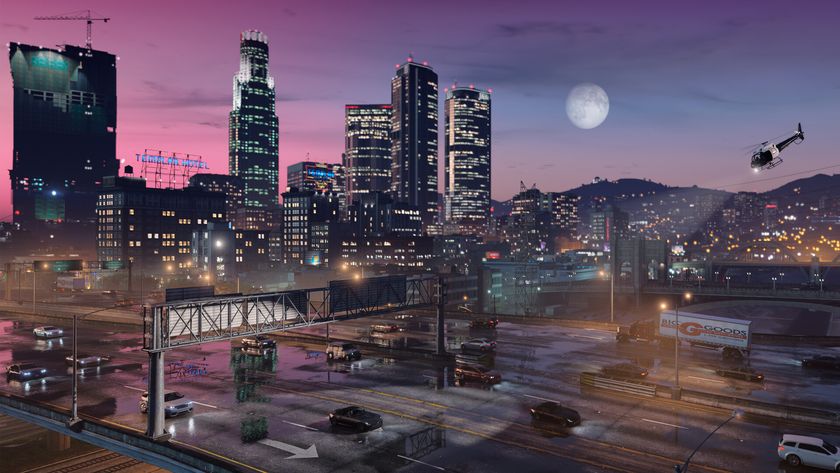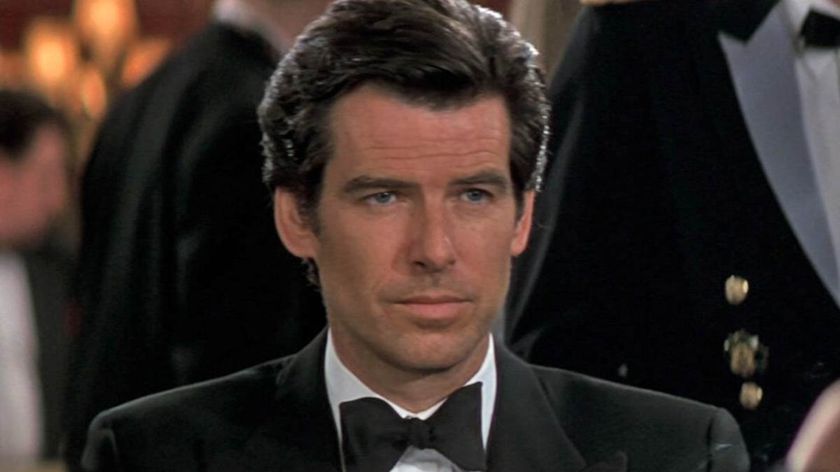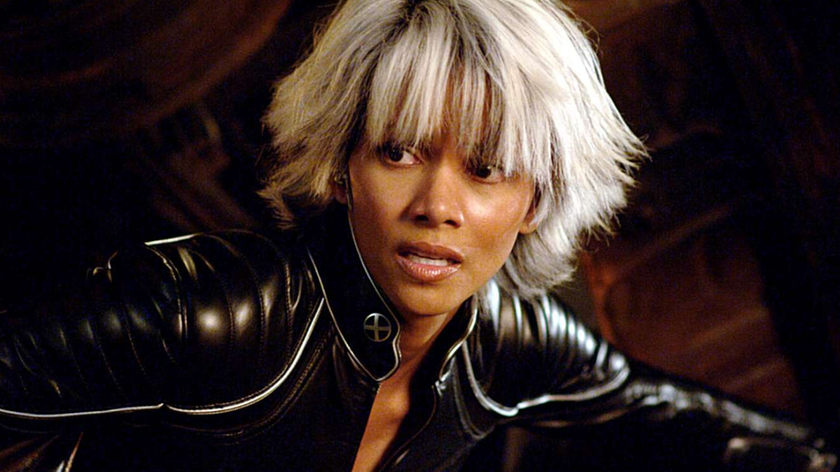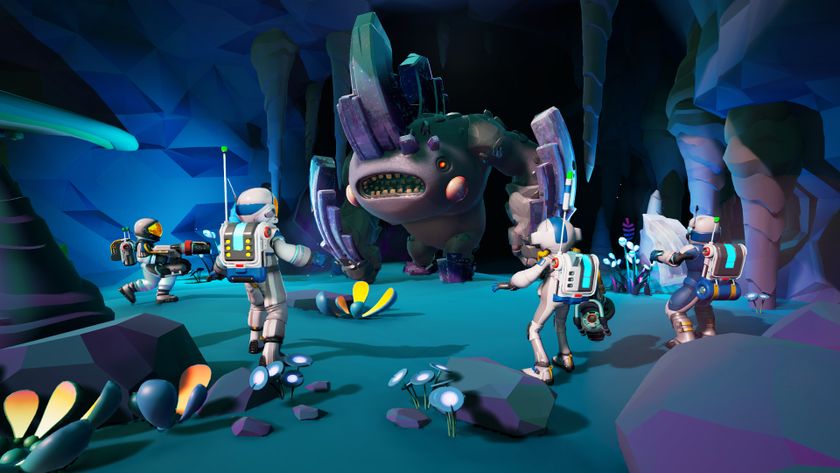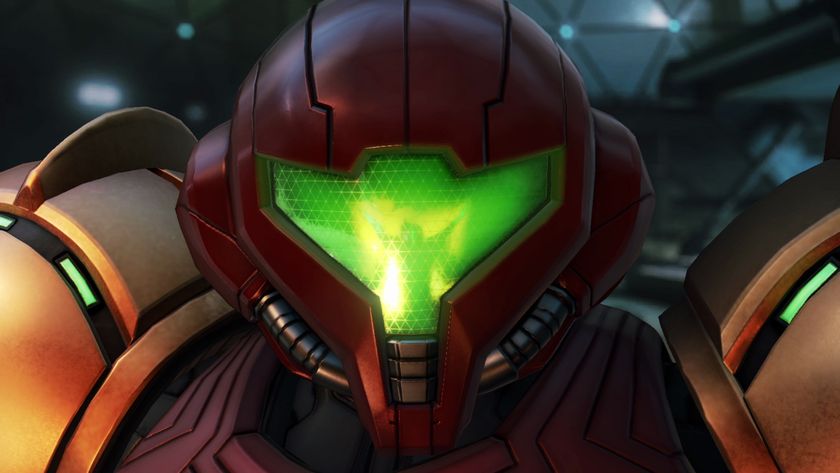According to a new study, soldiers who actively play games like Call of Duty were less likely to have violent and emotionally draining dreams than those who don't play video games as often or who tend to play casual games instead.

The results come from a survey by Grant McEwan University in Edmonton, Alberta in Canada. Researcher Jayne Gackenbach surveyed 98 military officers and broke them down into two groups which she referred to as "high gaming" and "low gaming."
Those in the high gaming category played games several times as week and favored violent video games like Red Dead Redemption, World of Warcraft and Call of Duty.
The low gaming group consisted of people who said they only played games on a casual basis, and tended not to engage in the violent, aggressive titles.
Participants in both groups admitted to having nightmares about war, but those in the high gaming category said the dreams were not as intense, and they were more likely to be able to conquer whatever the opposing force was.
By contract, those classified as "low gamers" said the enemies in their dreams were more aggressive, and they expressed having feelings of helplessness.
While gamers and non-gamers alike certainly both make fine, competent soldiers on the battlefield, it appears being an active gamer helps on the subconscious level as well. Gackenbach referred to games like Call of Duty as "threat simulators," and said they can teach the mind to better deal with dangerous situations even when they arise in nightmares.
Sign up to the 12DOVE Newsletter
Weekly digests, tales from the communities you love, and more
Gackenbach pointed out that many soldiers, when deployed, bring video games with them, "And it turns out, there may be a good reason to let them do that."
[Source:New Scientist]
Got a newstip? Let us know attips@gamesradar.com
Mar 9, 2011

Legend of Zelda shippers are on serious hopium over Tears of the Kingdom's new voice memories, thinking one might possibly solidify ZeLink as canon

I played The Legend of Zelda: The Wind Waker on Nintendo Switch 2, but it's a bittersweet reminder that we're not getting the game at its best
